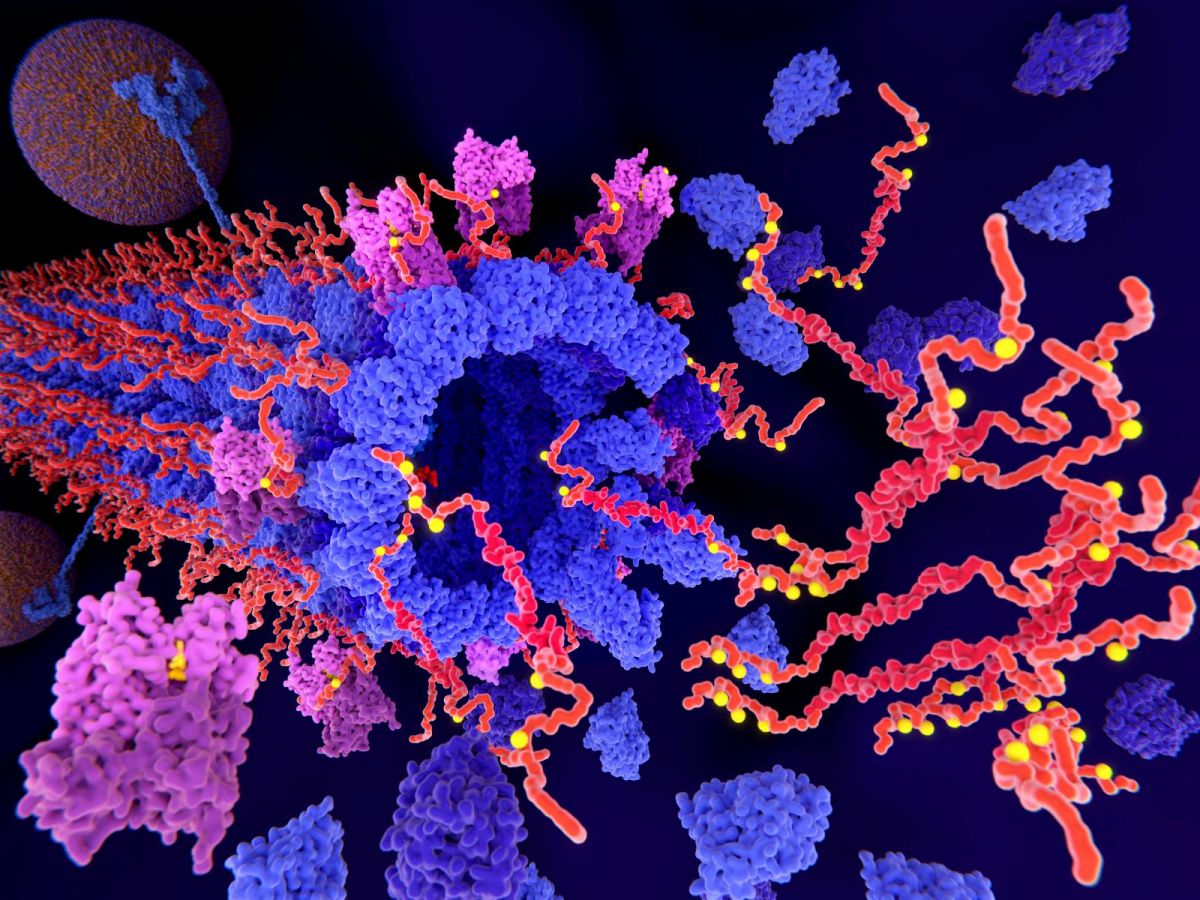"We already know that the tau protein is essential for the proper functioning of the brain," ", says Florence Clavaguera, a researcher at the Brain Institute in Paris and a specialist in the tau protein. But recently, other neurobiologists have highlighted a protective mechanism provided by the protein, better known in Alzheimer's disease than for its beneficial properties.
However, by introducing the pathological version of the tau protein – responsible among other things for its characteristic accumulation in Alzheimer's disease – into the genes of drosophila in the laboratory, these researchers have demonstrated that when the protein is "damaged", its protective role is diminished. But what role are we talking about?
Waste produced by the brain
As in any machinery, there is waste. And the cells of the body are no exception to this rule. Natural waste is produced and can in some cases become toxic to the body by creating oxidative stress, also associated with neurodegenerative diseases.
READ ALSO Alzheimer's: why Europe is refusing a long-awaited treatment
A way to limit neurodegeneration
Fortunately, the neuron's support cells, astrocytes - glial cells - recycle this waste to make energy. But it is the tau protein that facilitates the envelopment and transport of these toxins within lipid droplets to the glial cells.
"If the pathological mutation of tau acts on other cascades that we could identify, we could limit the process of neurodegeneration. Without acting directly on the tau protein, we could find solutions to restore the protective function of astrocytes," Imagine Florence Clavaguera. This is a case to follow, particularly through experiments on transgenic mice.
More information about this discovery can be found in a dedicated article on the website of The Research.

